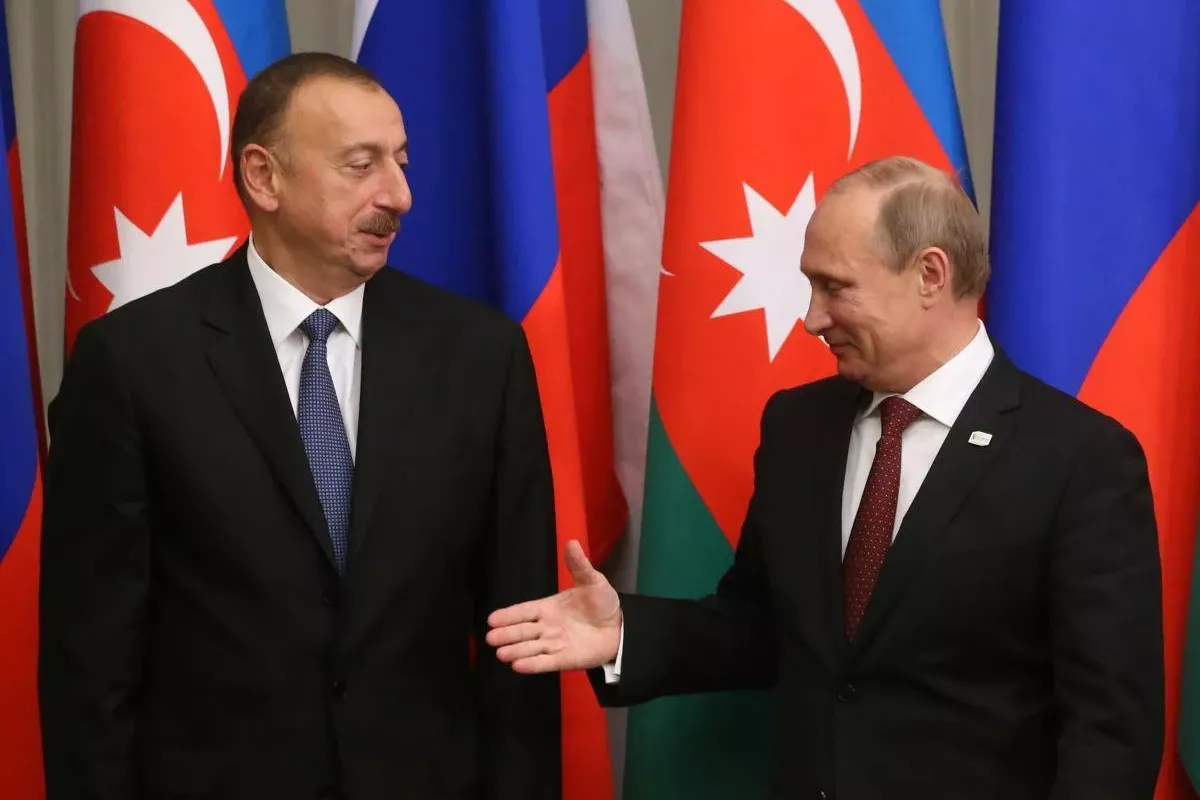
photo: Chatam House
The recent chill in relations between Russia and Azerbaijan has raised serious concerns. Yet the situation is not beyond repair-if both sides act swiftly and wisely. As Kremlin spokesman Dmitry Peskov rightly emphasized, Russia and Azerbaijan must preserve their allied and strategic partnership. It is in neither Moscow’s nor Baku’s interest to let this crisis linger.
Over the past several years, Russia and Azerbaijan have built a robust foundation of cooperation, spanning trade, energy, infrastructure, and humanitarian ties. That foundation must now serve as the anchor in stormy waters.
The strength of the economic relationship cannot be understated. From 2020 to 2024, bilateral trade increased by more than 50%, driven largely by Russian exports. In 2023, trade volume reached $4.8 billion, and this year alone, it's already up 25%. Russia is Azerbaijan’s third-largest export partner and second-largest import partner. Russian goods range from energy and metals to wheat, sunflower oil, and machinery-areas where Russia rarely enjoys such deep ties.
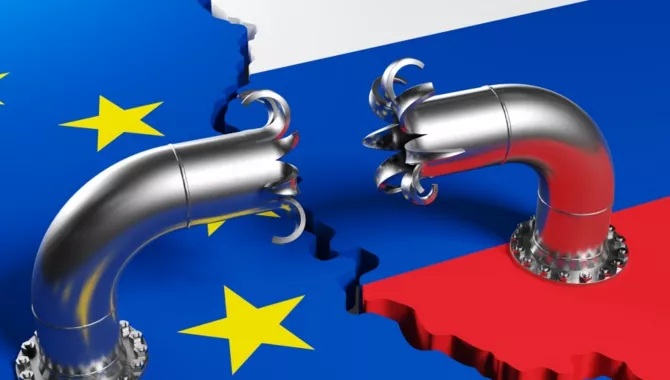
photo: TASS
In the energy sector, the two countries have crafted a mutually beneficial arrangement. Azerbaijan consumes Russian URALS crude domestically while exporting its own Azeri Light oil at a premium. SOCAR, Azerbaijan’s state oil company, works closely with Russia’s Rosneft on Caspian energy projects. Meanwhile, Russia ranks fourth among foreign investors in Azerbaijan, with nearly $8 billion in accumulated investments. Azerbaijani investment in Russia, by contrast, exceeds $1 billion-a figure that rivals those of much larger economies like China.
Beyond economics, humanitarian ties also run deep. Russia is home to a vast Azerbaijani diaspora-successful, integrated, and influential. In turn, Azerbaijan hosts a vibrant Russian community, complete with representation in parliament and a significant Russian-language education sector. These human bonds cannot be ignored, and they are vital for the stability of bilateral relations.
However, there’s a missing piece in this puzzle: dialogue.
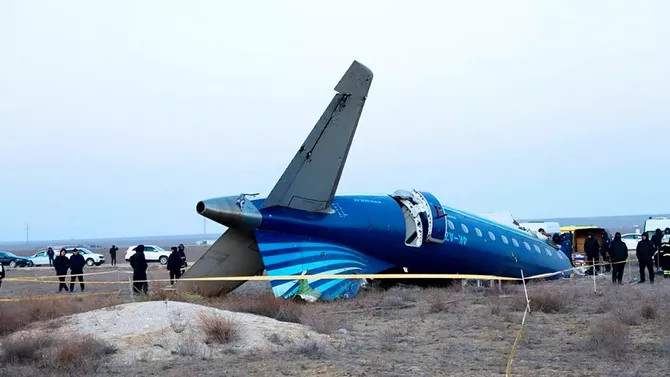
photo: APA
The current crisis may have taken Moscow by surprise, but that is precisely the problem. There was no warning, no conversation, no mutual understanding of what issues mattered most to each side. For Azerbaijan, recognition of its recent military victory and justice for incidents like the Oktava plane tragedy are more than symbolic-they are vital to national dignity.
From Baku’s perspective, Russia must recognize Azerbaijan’s expectations to be treated as a respected, equal partner. The failure to communicate this adequately has created misunderstandings. Moscow, for its part, would do well to realize that for Azerbaijan, silence on these matters can be interpreted as indifference.
But dialogue must be a two-way street.
Just as Russia should be more attentive to Azerbaijan’s sensitivities, Baku too must better understand Russia’s geopolitical lens. Moscow sees Western involvement in Ukraine not as partnership, but as occupation-an existential threat. From the Kremlin’s view, Ukraine today is what Karabakh once was for Azerbaijan: a deeply painful chapter tied to questions of sovereignty and national pride.
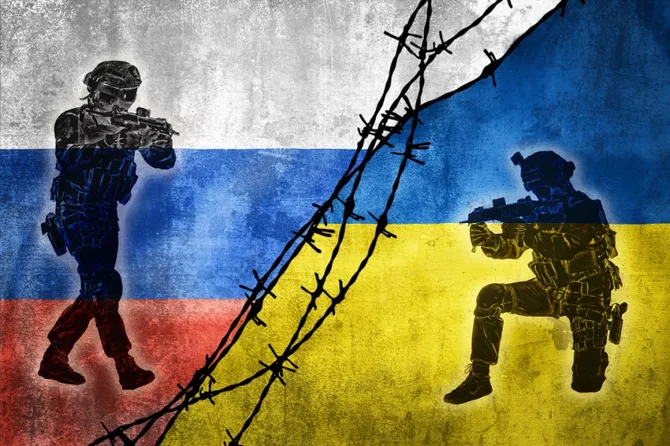
photo: Reuters
The Oktava tragedy, reportedly caused by Ukrainian drones, underscores this parallel. Had Azerbaijani voices publicly acknowledged the Ukrainian connection, it might have been seen in Moscow as a gesture of empathy-and a powerful sign of alignment on broader geopolitical concerns.
Instead, the West seized the moment. Through subtle provocations and coordinated media narratives, Western actors-governments and intelligence agencies alike-have sought to divide Russia and Azerbaijan. Inflammatory coverage, spread across both Russian and Azerbaijani outlets, was designed not to inform but to inflame.
Yet despite this, the political will to preserve the partnership remains strong. Russian officials continue to affirm their commitment to strategic ties with Baku. On the ground, among ordinary citizens in both countries, there is no appetite for hostility. People want peace, cooperation, and mutual respect.
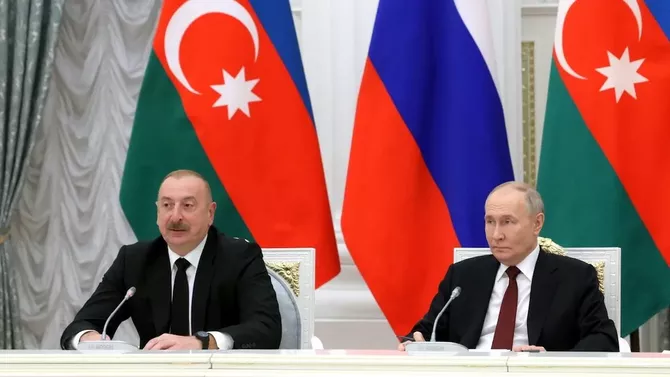
Photo: AZERTAC
Looking ahead, both President Ilham Aliyev and President Vladimir Putin face the same challenge: how to prevent external forces from driving a wedge between their countries. The answer lies in restoring communication-through parliamentary exchanges, expert forums, high-level summits, and people-to-people dialogue. Only then can future misunderstandings be avoided and emerging threats mitigated.
One promising opportunity lies in the ambitious North-South transport corridor linking St. Petersburg to Mumbai through Azerbaijan. This project has the potential to reshape Eurasian logistics-and bind together the destinies of many countries, including Russia and Azerbaijan. It is a generational initiative, one that can outlive crises and anchor cooperation for decades to come.
Russia and Azerbaijan don’t need to reinvent their relationship-they just need to reconnect. And the time to do that is now.
Share on social media